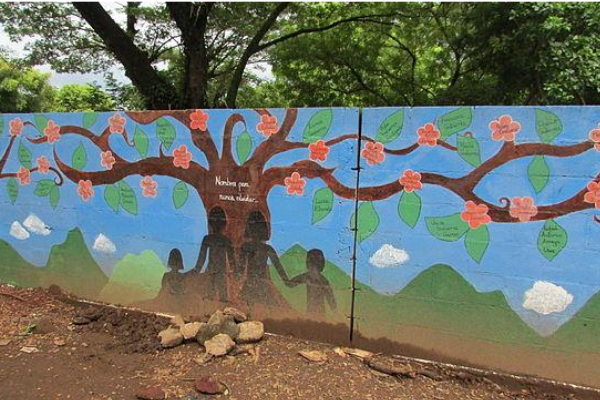
Fri, September 18, 2020
12:00 pm - 1:30 pm
Zoom
Social scientists working on topics like political violence, displacement, and poverty conduct research on those in marginalized positions. This discussion focuses on the implications of this relationship, highlighting the ethical dilemmas and duties that arise when studying marginalized groups.
**This event is by request only. Interested parties may reach out to Trey Billing at billing.22@osu.edu**
If you require an accommodation such as live captioning or interpretation to participate in this event, please contact Kyle McCray, mccray.44@osu.edu. Requests made two weeks before the event will generally allow us to provide seamless access, but the university will make every effort to meet requests made after this date.
